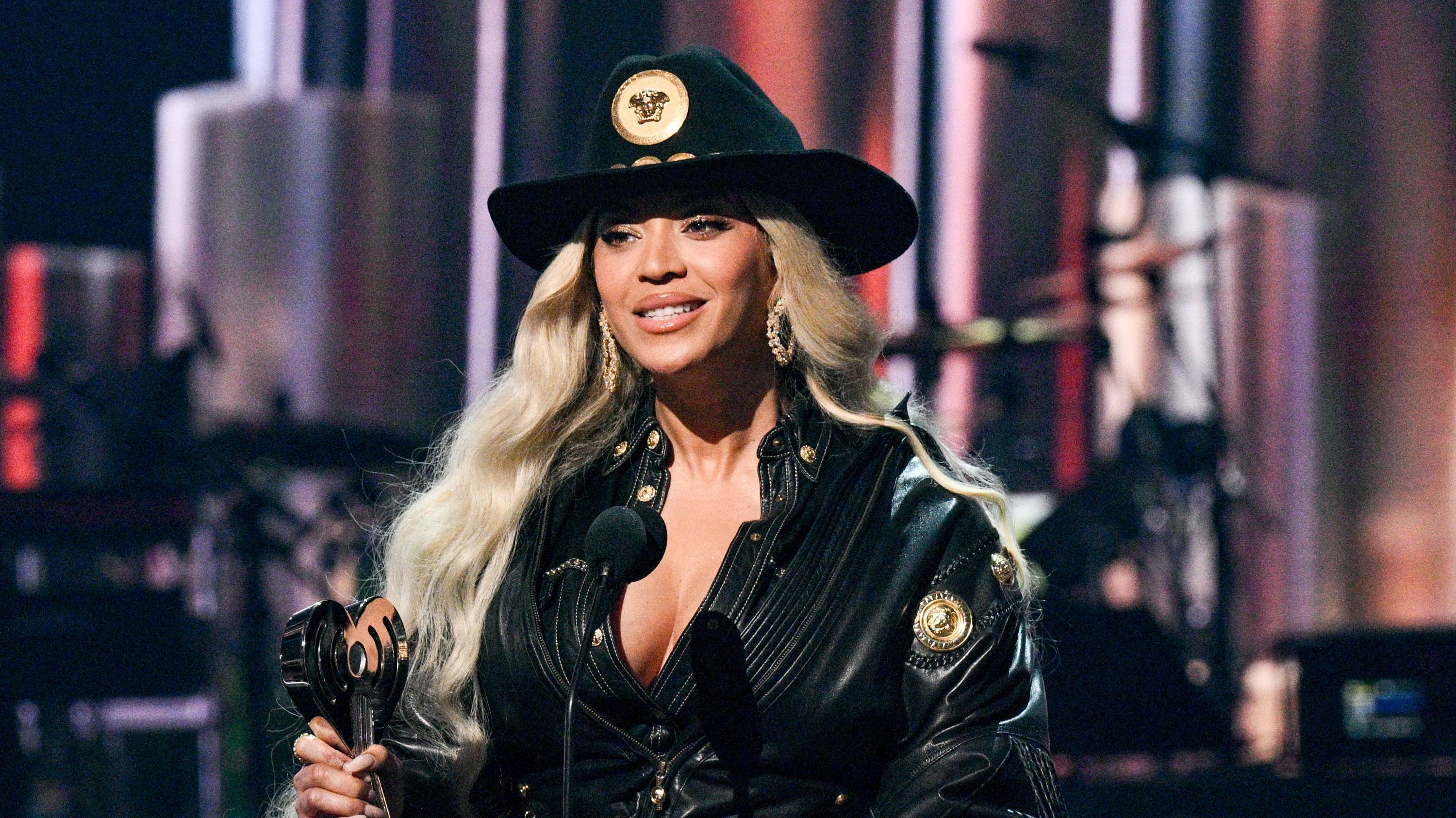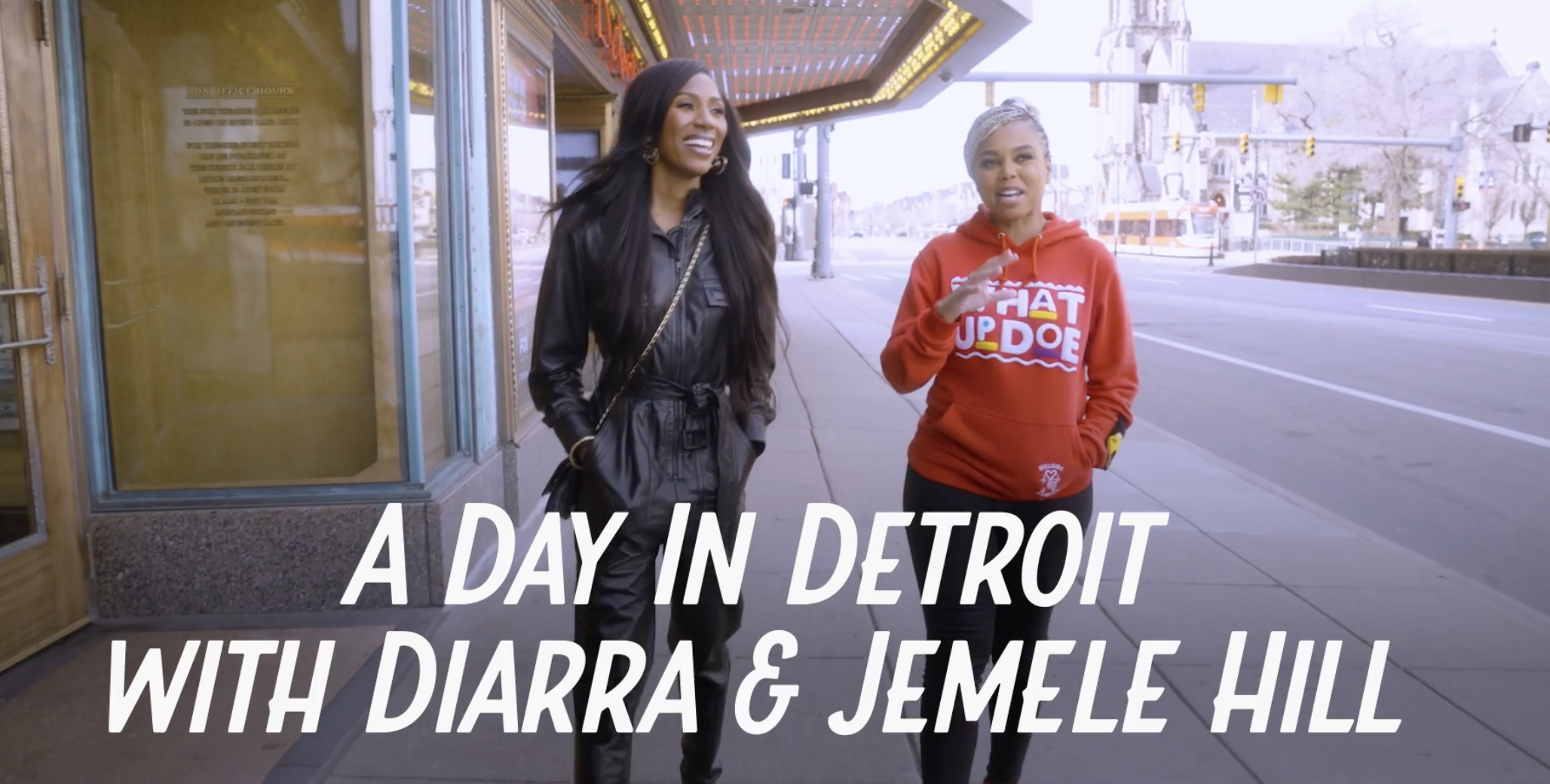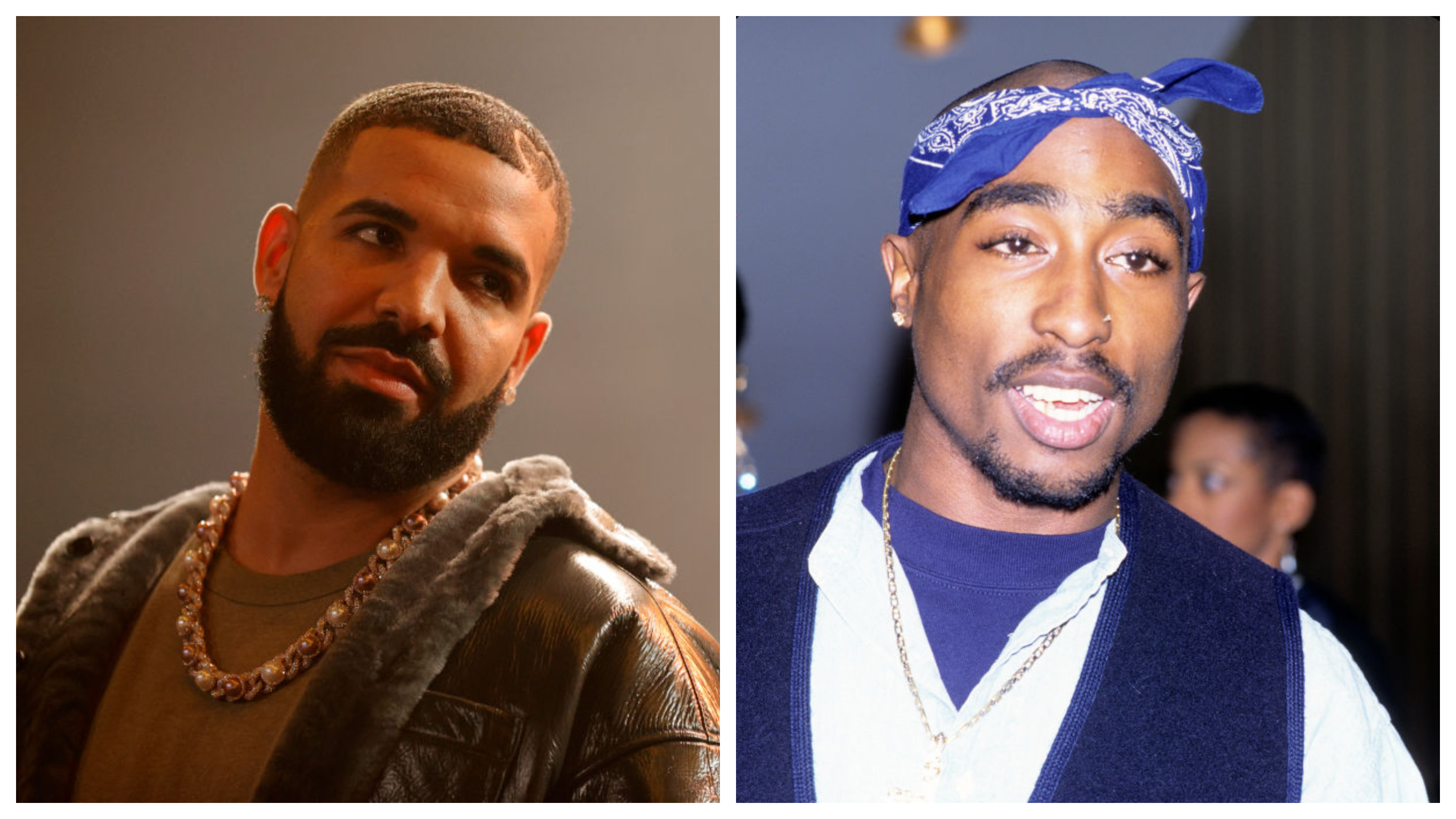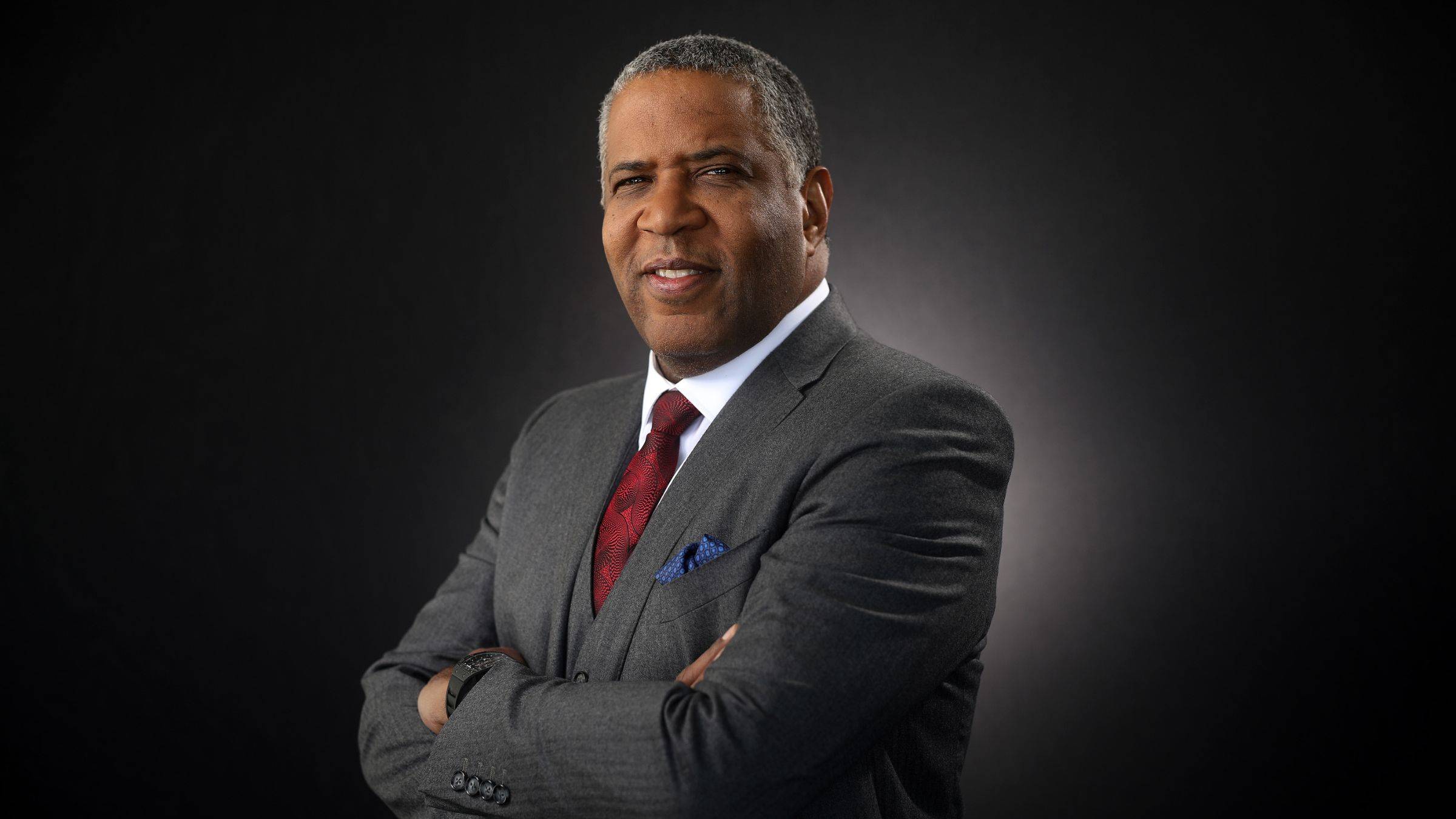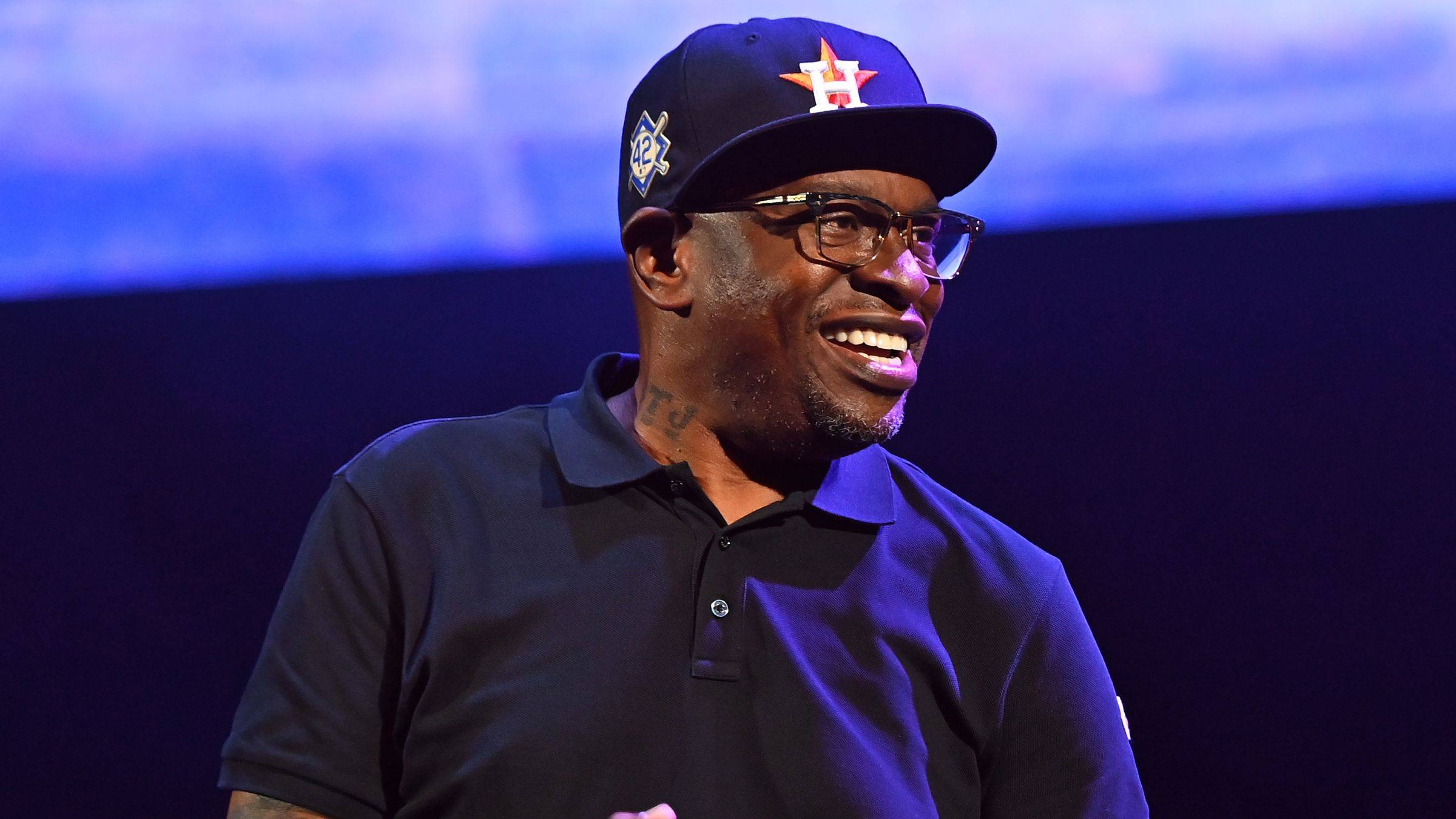Meet the Man Who Gave The Wiz a Musical Upgrade
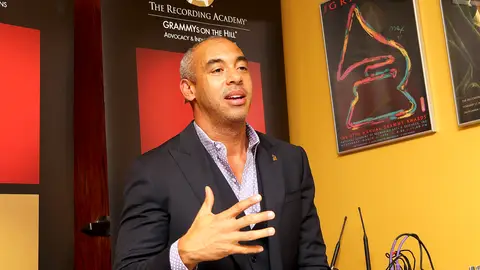
Remaking a classic piece of art, be it music, film or television, is never an easy task. In fact, most people believe it’s something that should never be tampered with. So when you hear that The Wiz is being recreated, it’s sure to scare you a little. The man assigned the very tall order of updating the musicality within this historical piece of African-American art, is none other than the six-time Grammy Award-winning producer Harvey Mason Jr.
The Boston native has worked with some of the biggest names in music. From Aretha Franklin and Whitney Houston, to Beyonce and Chris Brown, Mason has seen and done it all. However, even with a decorated resume such as Harvey’s, taking on a project like The Wiz was no walk in the park. The Wiz Live! premieres tonight on NBC at 8 p.m. It boasts a cast that includes Queen Latifah, Mary J. Blige, David Alan Grier, Uzo Aduba, Ne-Yo, Common, Amber Riley, Shanice Williams and the original Dorothy, Stephanie Mills. The legendary producer and song writer sat with BET.com and discussed his involvement in the project and how it compares to the original.
BET.com: What inspired you to get involved with The Wiz remake?
Harvey Mason Jr: It was always something I grew up with as part of my musical DNA. This is something that’s been in my system since I was a kid. In 1974-75 the film came out, and prior to that I was familiar with the musical. It just really had an impact on me as a kid, so when I saw they were remaking The Wiz, I said to myself, ‘Man, I would really love to be involved in that.’
The producers called me and asked if I’d be willing to take a meeting on the project they were putting together. I flew from Vegas to New York to take the meeting with the two producers, Craig [Zadan] and Neil [Meron], along with the music supervisor, Stephen Oremus. We just sat and talked about music and my vision for the project and how I planned to make it sound contemporary. We had a great meeting, which lasted all of about an hour. So I was literally in New York for an hour, but that’s how badly I wanted to be involved in this project.
You’re basically taking a classic and formatting it for today’s musical ear. What type of task is that?
It’s a major undertaking! There’s so much music; I believe there’s about 50 pieces of music in the show. You add in the fact that you’re working with iconic pieces of music that you really have to be respectful of, both from a sonic standpoint and you don’t wanna detract anything from the actual song and storytelling. The challenge for me was to make it sound like it came from 2015-16, but not be offensive.
I didn’t wanna do anything that would be looked at as trendy or like we were trying too hard. We could’ve put a bunch of ratchet drum beats on every song [laughs], but that would’ve been a disaster. I wanted it to feel natural and sound fresh, but respectful of the original music.
And what were some of the upgrades that you made?
We basically did everything from scratch. You’re basically working with different rhythms, different drum sounds and different performers that are used to doing today’s record. I’m used to making records that are on the radio, so I’m just adding my musical sensibility to it from the ground up. But it all starts with the rhythm and instrumentation. What kinda pocket are you trying to fit in each song? What kinda groove? We also use all live musicians; bass, drums, guitar, piano, live percussion, those types of things that music like this really, really calls for.
I approached it knowing who the artists were gonna be singing the songs, so when I’m doing "Slide Some Oil to Me" I’m thinking about Ne-Yo and how he’s gonna sing it. When I’m thinking about "Ease on Down the Road’ we had Shanice Williams, so I’m studying her voice and how figuring out how I can make these songs fit these actors. Not only are we trying to make this stuff sound cool, but we wanna make it really emotional and tell the story so it really connects with the audience. It’s not just about fancy audio tricks, it’s how do we make this really heartfelt and how do we make the emotion come through in the way that the director really wants it to.
What are some of your favorite records on the soundtrack?
Oh my gosh [laughs]. There’s so many! I love what we did with “Slide Some Oil”; I love what we did with “No Bad News” from Mary J. [Blige]. The Scarecrow’s got a song called “You Can’t Win” that I think is amazing! Dorothy’s got a song called “Home,” which is a classic. Those are some of my highlights, I would say. Oh, and there’s a new song we did called “We Got It” and that’s also a highlight for me, because it’s the first time all four of our main characters sing together as one voice. It has a very special meaning story-wise and represents a really cool moment in the show.
If you were to compare the original and the remake, what would you say?
I would say the original is unbelievable, and I’d say the remake is unbelievable times 10! Realistically speaking, we used the original Broadway play as our reference point, as opposed to the film. For me, I thought the original play was incredible and it had so many special moments. So now we’ve updated everything! The costumes are amazing, the music is next level, and the scenery… man, there’s 50-60 foot LCD screens surrounding the stage. These are things that the original Broadway show just didn’t have. We have music that’s so much fuller, so much more production, so much more contemporary, that the original just didn’t have. I think the whole piece as a work of art, has been completely upgraded. Harvey Fierstein wrote all new dialogue, so that’s really contemporary. So again, it’s respectful, but it’s of today.
Did you work with Quincy Jones along the way?
I spoke with Quincy. We had a really good conversation. I wanted to make sure he gave me his blessing to work on the project. I know he was the successor to the original on Broadway and did an amazing job on the film, so when I was brought on board, I definitely reached out to him. We had a good long talk, and he told me some good stories and he gave me some insight to the original versions. After that, I shared some of my ideas and plans, which he said sounded exciting and that he knew I was gonna kill it and he wished me luck. So he was definitely very helpful and gave me a good blessing.
The original exposed me to so many different kinds of music. If you listen, there’s gospel, there’s R&B, there’s Dixie Land, and all kinds of styles of music that I got exposed to as a kid. It meant a lot to me and played a huge part in how I make records. I think Quincy added to that with his amazing, amazing productions and what he did for the film version. And with this version, it just really humbled me and made me proud to know that I’ll get to present our vision of what this is to a whole new generation of people. I’m thankful for the people that came before me, because they did such an amazing job laying the foundation. The people that wrote some of these songs really created incredible pieces of work. I’m really honored, humbled and thankful.
BET.com is your No. 1 source for Black celebrity news, photos, exclusive videos and all the latest in the world of hip hop and R&B music.
(Photo: Paul Morigi/WireImage for NARAS)

